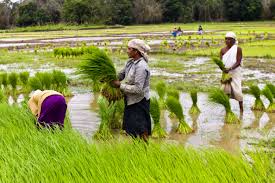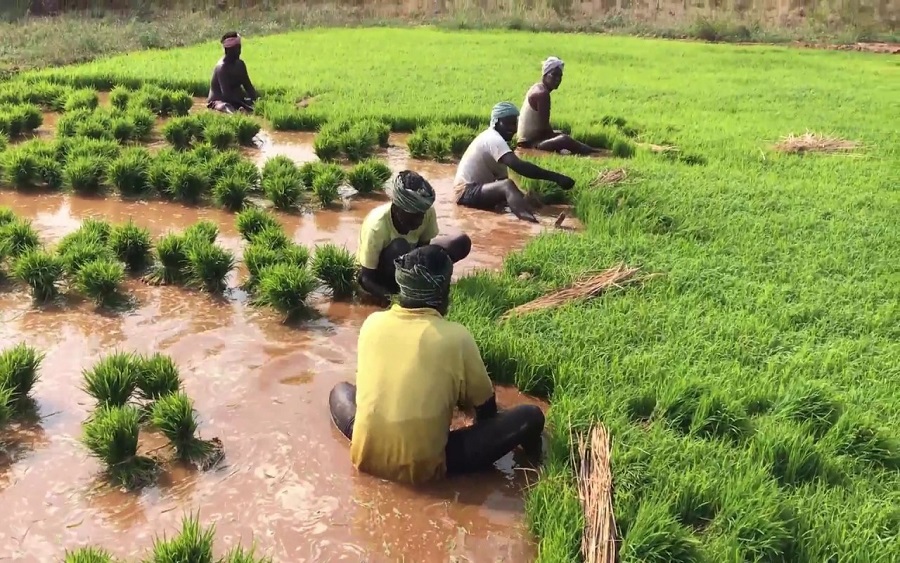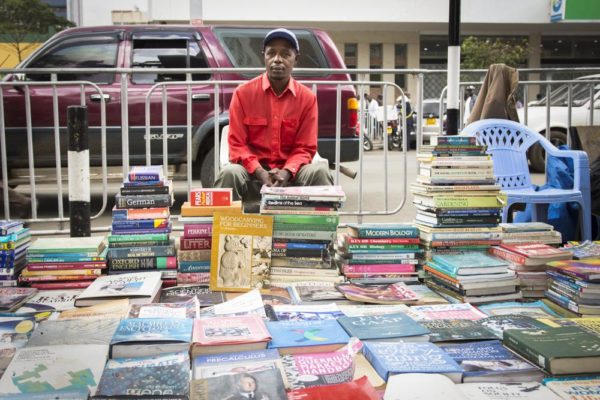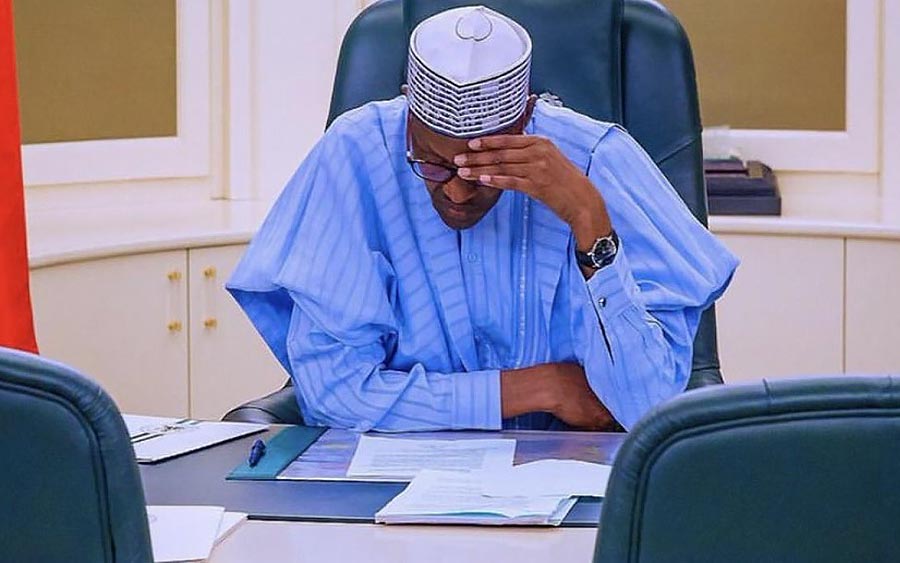The prices of Indian rice have dropped due to the poor demand for the commodity from Africa as consignments from Thailand remained sluggish to a strong baht.
The prices of 5% broken parboiled variety had dropped from $379 to $375 per tonne last week.
An exporter based at Kakinada, Southern India, explained that the demand from African countries had been muted for the last few weeks despite the fact that the export prices had been corrected.

India’s rice exports plunged 26.5% in April-July from a year ago to 3.14 million tonnes, a government body said earlier this month.
[READ MORE: Late budget cycles, food price hike fuel MPR retention – Experts]
In Thailand, a strong baht, Asia’s best-performing currency in 2019, has kept away potential buyers, who find cheaper markets elsewhere, such as in Vietnam. Thai exporters have struggled to sell the staple since the beginning of the year.
The country’s benchmark 5% broken rice prices were quoted at $400-$420 a tonne last Thursday, compared to $400-$418 witnessed last week.
“The price is only fluctuating due to the exchange rate at the moment as both demand and supply remain unchanged,” a Bangkok-based trader said.
Concerns over supply also persist due to floods in northeastern Thailand that have damaged agricultural land, including some rice-growing areas. This has not had an immediate impact on prices though, traders said.
“Buyers seem to be heading to Vietnam as Thai prices are a lot higher.”
“We think that prices have bottomed and that domestic supplies have gone low as the summer-autumn harvest has ended,” a trader based in Ho Chi Minh City said.
In Vietnam, rates for 5% broken rice rose to $335 a tonne on Thursday from $325 a week earlier, which was its lowest since November 2007.
Preliminary data showed at least 37,100 tonnes of rice was scheduled to be loaded at Ho Chi Minh City ports during October 1-9, with most of the shipments bound for West Africa and Malaysia, according to traders.

Meanwhile, Bangladesh is considering providing a subsidy to farmers, who suffered a double blow of low rice prices and high harvesting costs, in an effort to reduce production costs and boost domestic output, Agriculture Minister Abdur Razzaque told Reuters on Thursday.
“To make it profitable, we must use more machinery because the labour price is very high. We’ll provide (a) subsidy to help farmers buy modern machinery so that they minimize labour costs for production,” he said.
[READ ALSO: Kogi launches N4 billion rice factory, eyes 5000 new jobs]
Dhaka has been unable to clinch overseas deals since a long-standing export ban was lifted in May as its rice is more expensive than India’s or Thailand’s, despite a recent fall in local prices.





















